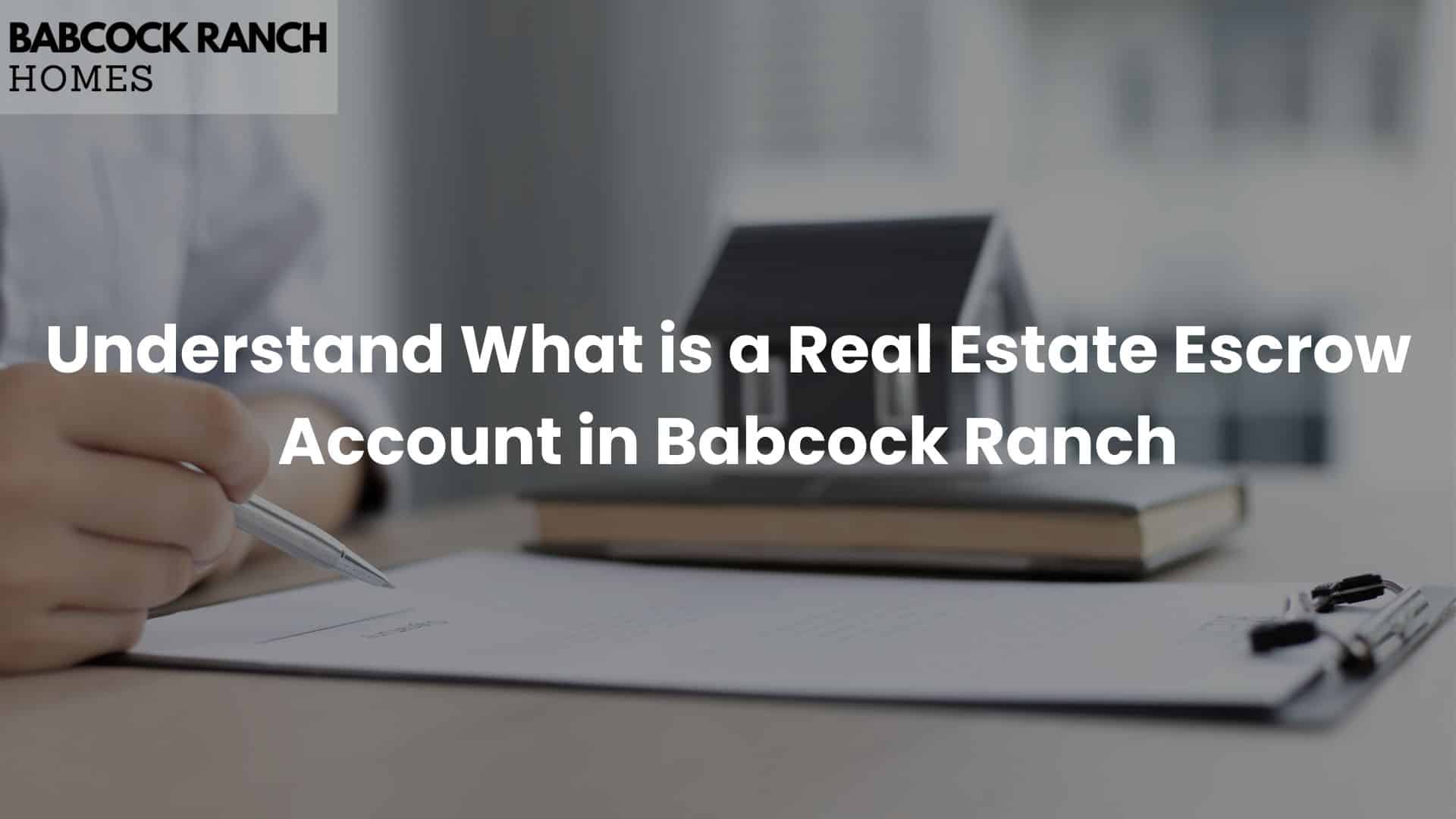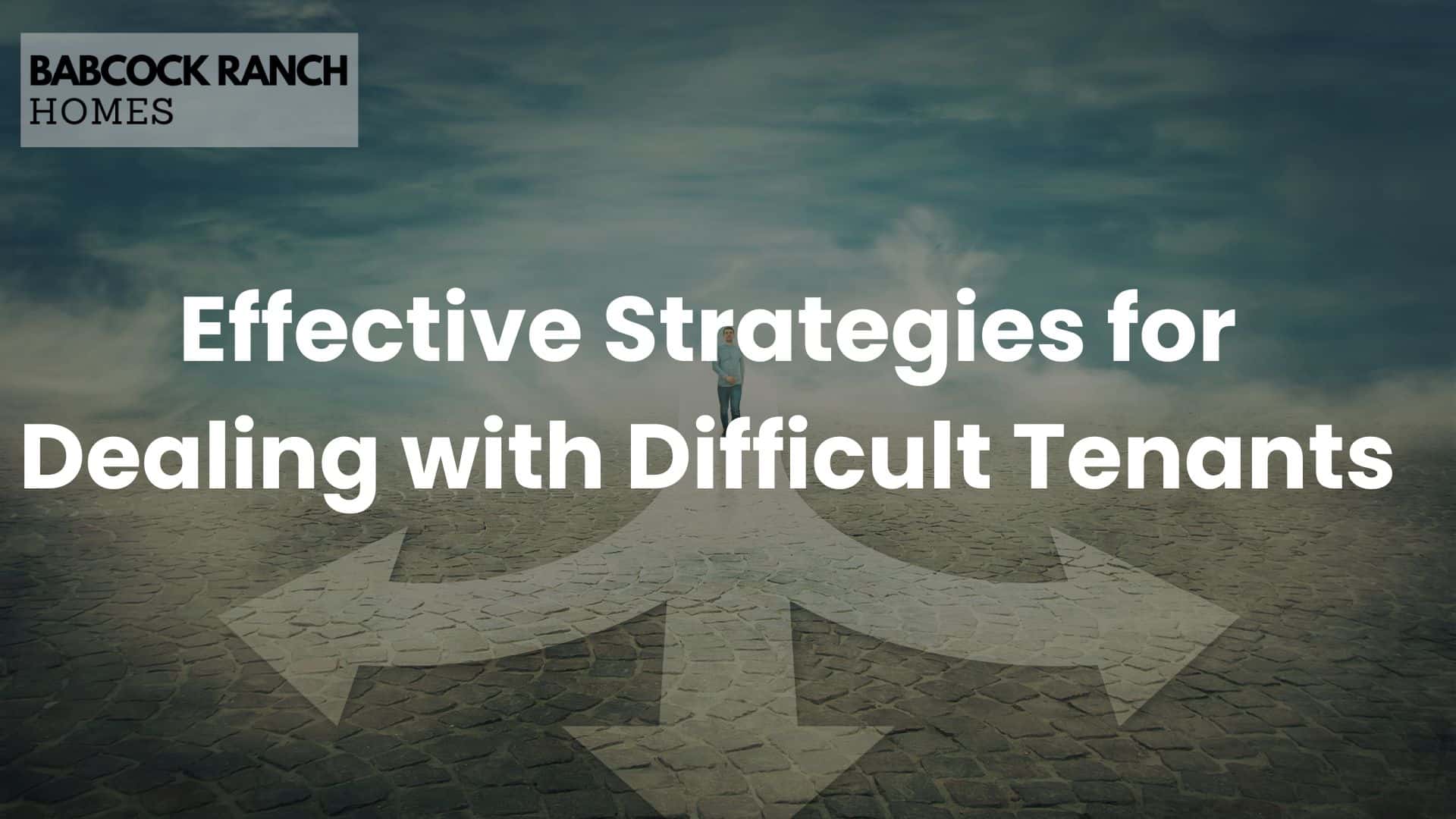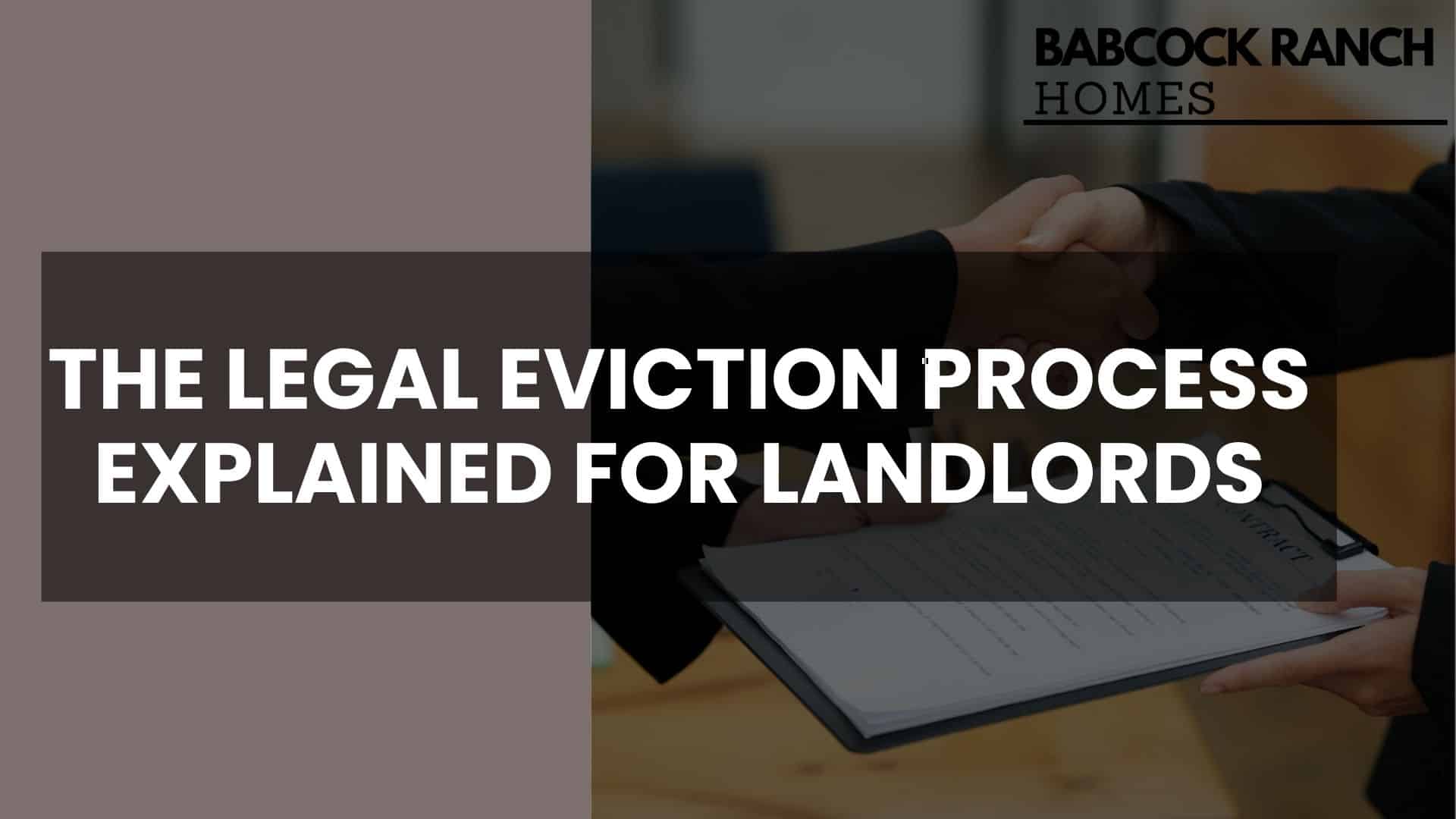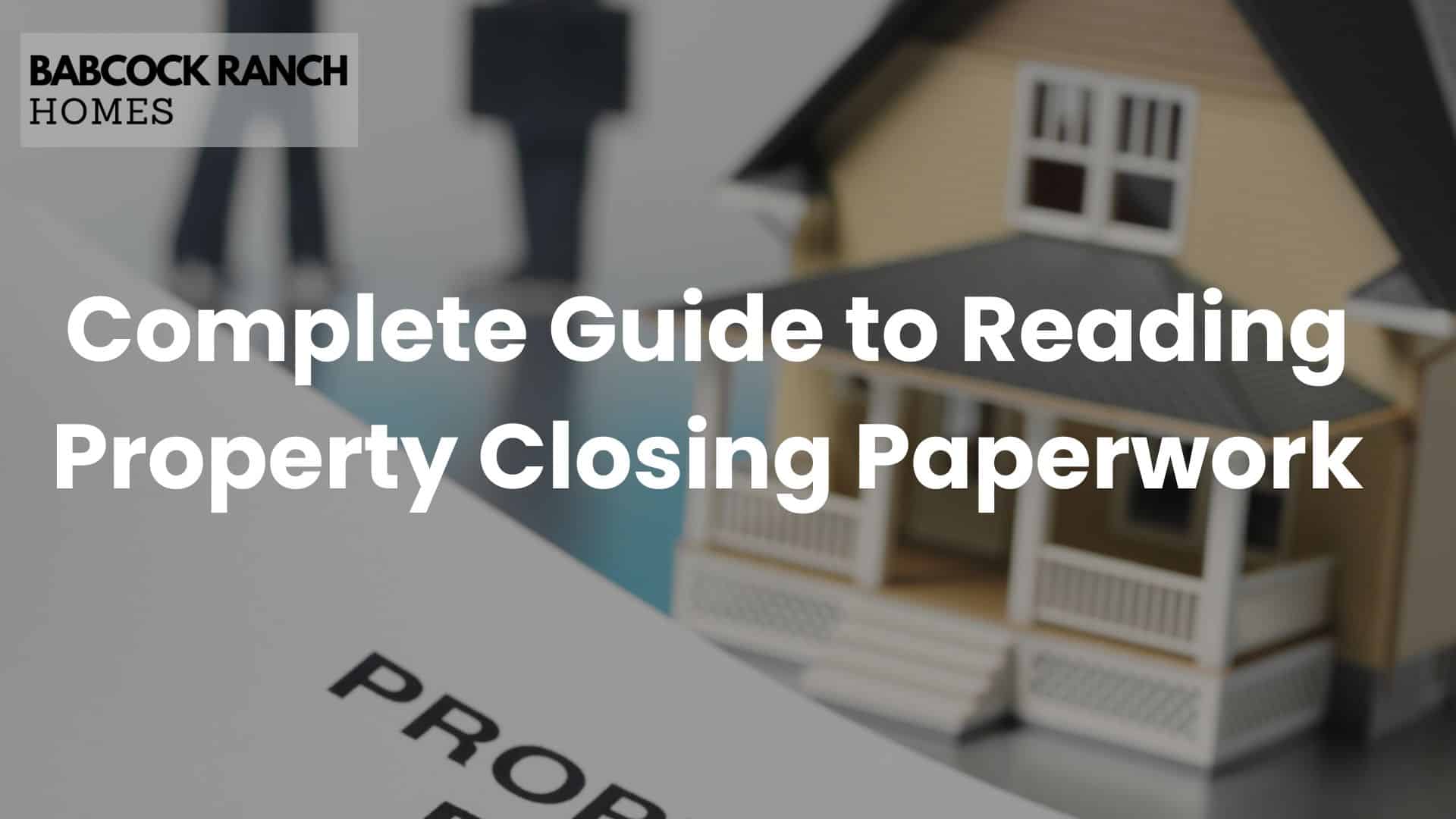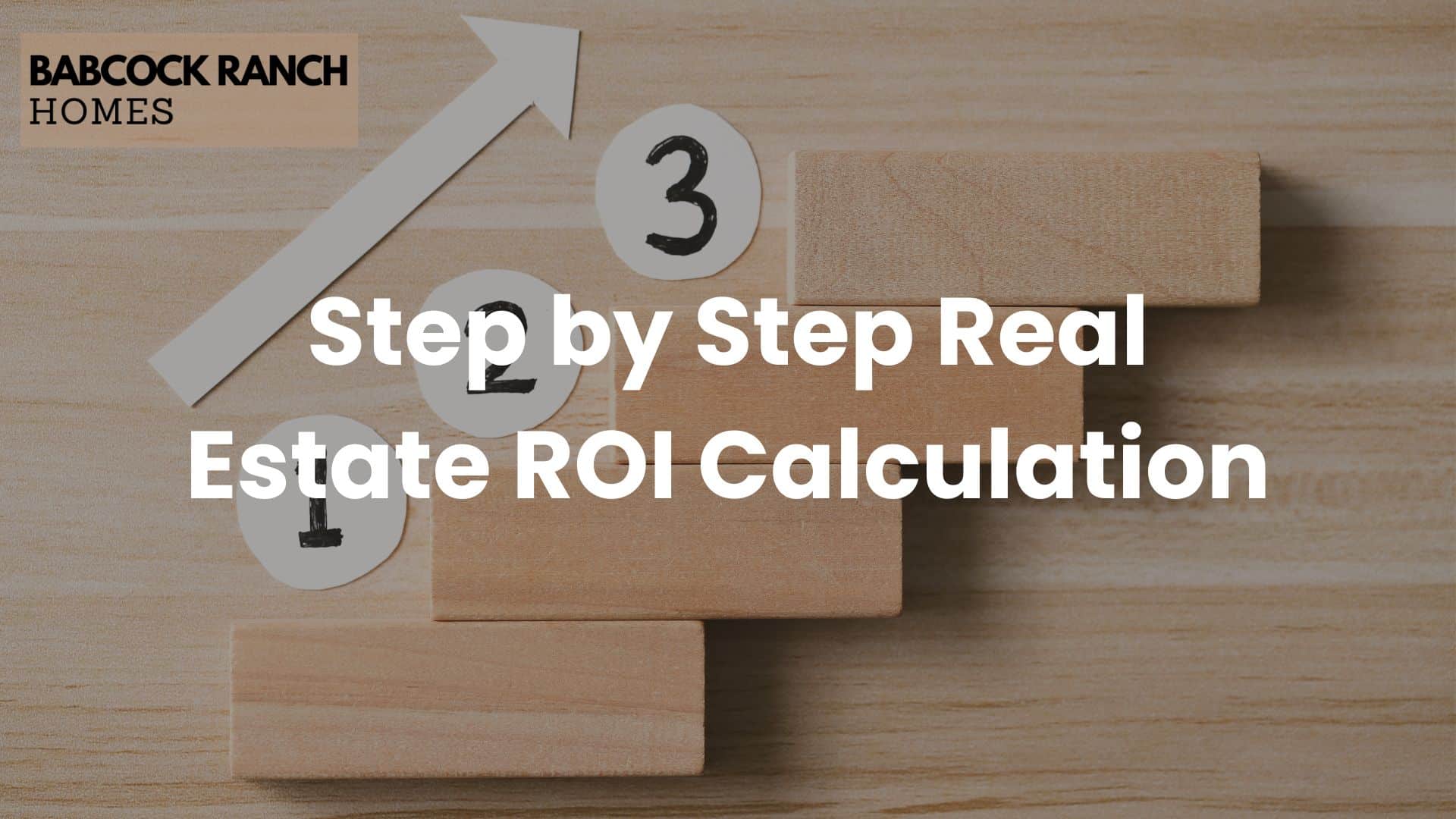Is it legal to bury someone on your property? This question often arises when considering alternative burial options. Our article explores the legal requirements, tax implications, and zoning laws associated with private property burials. We’ll discuss potential property tax exemptions, the impact on property value, and the importance of consulting with a lawyer and funeral director. By understanding these key factors, you’ll be better equipped to make informed decisions about this sensitive matter.
Key Takeaways
- Property burials require compliance with state and local regulations, including zoning laws and health department guidelines
- Private burials can impact property tax status, potentially changing land classification and valuation
- Disclosing burial sites to potential buyers is a legal obligation that affects property marketability
- Long-term maintenance responsibilities for private burial sites can significantly impact property value and future sales
- Consulting legal, tax, and estate planning professionals is crucial for navigating the complexities of private property burials
Understanding Legal Requirements for Burying Someone on Your Property

Understanding the legal requirements for burying someone on private property involves navigating state and local burial regulations, obtaining necessary permits, and addressing environmental and health considerations. These factors can impact potential property taxes and fees associated with home burials. Proper compliance with embalming requirements and other regulations is crucial for those considering this option.
State and Local Burial Regulations
State and local burial regulations govern the process of burying someone on private property, including requirements for cremation and ownership of the burial site. These regulations may vary significantly between jurisdictions, affecting potential tax exemptions for funeral expenses and grave maintenance. Property owners must carefully research and comply with local zoning laws, health department regulations, and environmental guidelines to ensure legal compliance when considering a home burial.
Obtaining Necessary Permits and Approvals
Obtaining necessary permits and approvals is a critical step in the process of burying someone on private property. Property owners must consult with local authorities to determine the specific requirements for their area, which may include obtaining a burial permit, death certificate, and approval from the health department. These documents are essential not only for legal compliance but also for maintaining accurate property records and ensuring proper tax assessment. Depending on local laws, additional considerations may include coffin specifications and depth requirements to comply with ad valorem tax regulations and environmental protection standards.
Environmental and Health Considerations
Environmental and health considerations play a crucial role in the legal requirements for burying someone on private property. Local health departments often mandate specific soil conditions, water table depths, and distance requirements from water sources to prevent contamination. Property owners must also consider the long-term environmental impact of the burial site, including potential effects on property value and future land use. Adhering to these regulations ensures compliance with public health standards and environmental protection laws, which may impact property taxes and assessments.
Tax Implications of Private Property Burials

Private property burials can have significant tax implications. This section examines how burials affect property tax status, when a property legally becomes a cemetery, and the importance of reporting changes to tax authorities. Understanding these aspects is crucial for property owners considering home burials, as they can impact tax obligations and property valuations.
How Burials Affect Property Tax Status
Private property burials can significantly impact property tax status. When a portion of a property becomes a burial site, it may be reclassified as cemetery land, potentially altering its tax assessment. This reclassification can lead to changes in property valuation and tax rates. Local tax authorities typically require property owners to report such changes, as they may affect the overall taxable value of the land:
| Aspect | Impact on Property Tax |
|---|---|
| Land Classification | May change to cemetery use |
| Property Valuation | Potential decrease due to limited use |
| Tax Rates | May be adjusted based on new classification |
| Reporting Requirements | Mandatory notification to tax authorities |
When Does a Property Become a Cemetery?
A property legally becomes a cemetery when it meets specific criteria set by local and state regulations. These criteria often include the formal designation of land for burial purposes, registration with appropriate authorities, and compliance with zoning laws. The transition to cemetery status can trigger changes in property tax assessment and may require additional permits or licenses. Property owners should consult their local tax assessor’s office to determine the exact requirements and tax implications of this change:
| Criteria | Description |
|---|---|
| Formal Designation | Official allocation of land for burials |
| Registration | Filing with local or state authorities |
| Zoning Compliance | Adherence to local land use regulations |
| Tax Assessment Change | Potential reclassification for tax purposes |
Reporting Changes to Tax Authorities
Reporting changes to tax authorities is a crucial step when burying someone on private property. Property owners must notify their local tax assessor’s office about the new burial site, as it may affect the property’s classification and valuation. This reporting typically involves submitting documentation such as burial permits and site plans. Failure to report these changes can result in penalties or incorrect tax assessments. The process for reporting varies by jurisdiction, but generally includes the following steps:
- Contact the local tax assessor’s office
- Submit required documentation
- Request a property reassessment if necessary
- Update property records
- Adjust tax payments as directed by the assessor
Zoning Laws and Land Use Restrictions
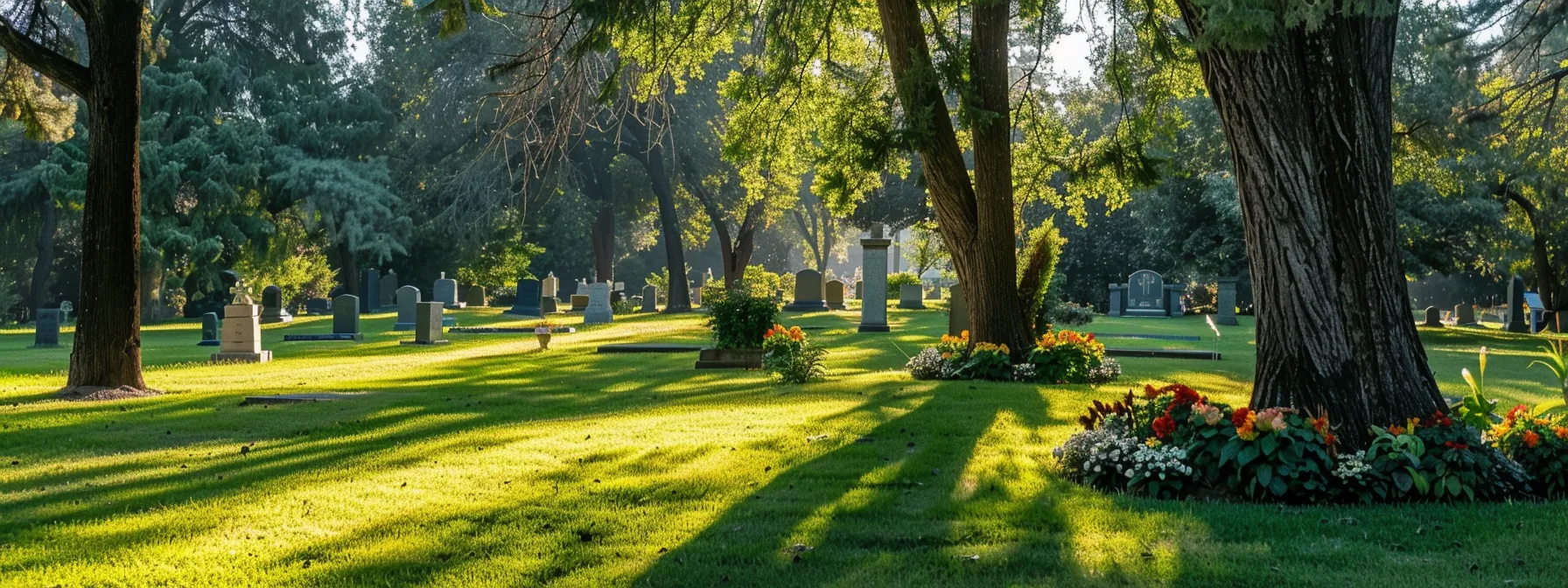
Zoning laws and land use restrictions play a crucial role in private property burials. This section examines how to assess zoning compliance for burials, steps to rezone or obtain variances, and potential penalties for zoning violations. Understanding these aspects is essential for property owners considering home burials to ensure legal compliance and avoid costly penalties.
Assessing Zoning Compliance for Burials
Assessing zoning compliance for burials on private property requires a thorough review of local zoning ordinances and land use regulations. Property owners must consult their local zoning department to determine if their land is zoned for cemetery use or if special permits are required for individual burials. This assessment typically involves examining property maps, reviewing zoning codes, and potentially seeking professional advice from land use attorneys or zoning specialists to ensure full compliance with local laws.
Steps to Rezone or Obtain Variances
Rezoning or obtaining variances for private property burials involves a multi-step process that property owners must navigate carefully. This process typically begins with submitting a formal application to the local zoning board or planning commission, detailing the proposed land use change. Property owners may need to provide site plans, environmental impact assessments, and justifications for the variance request. The steps to rezone or obtain variances often include:
- Research local zoning laws and burial regulations
- Prepare and submit a formal application
- Attend public hearings or zoning board meetings
- Address community concerns and objections
- Comply with any conditions set by the zoning board
- Obtain final approval and update property records
Penalties for Zoning Violations
Penalties for zoning violations related to private property burials can be severe and costly. Property owners who fail to comply with local zoning laws may face fines, legal action, and mandatory removal of unauthorized burial sites. In some cases, violators may be required to pay for the exhumation and relocation of remains, which can result in significant expenses and emotional distress. Additionally, zoning violations can lead to property value depreciation and complications in future property transactions.
Potential Property Tax Exemptions and Benefits
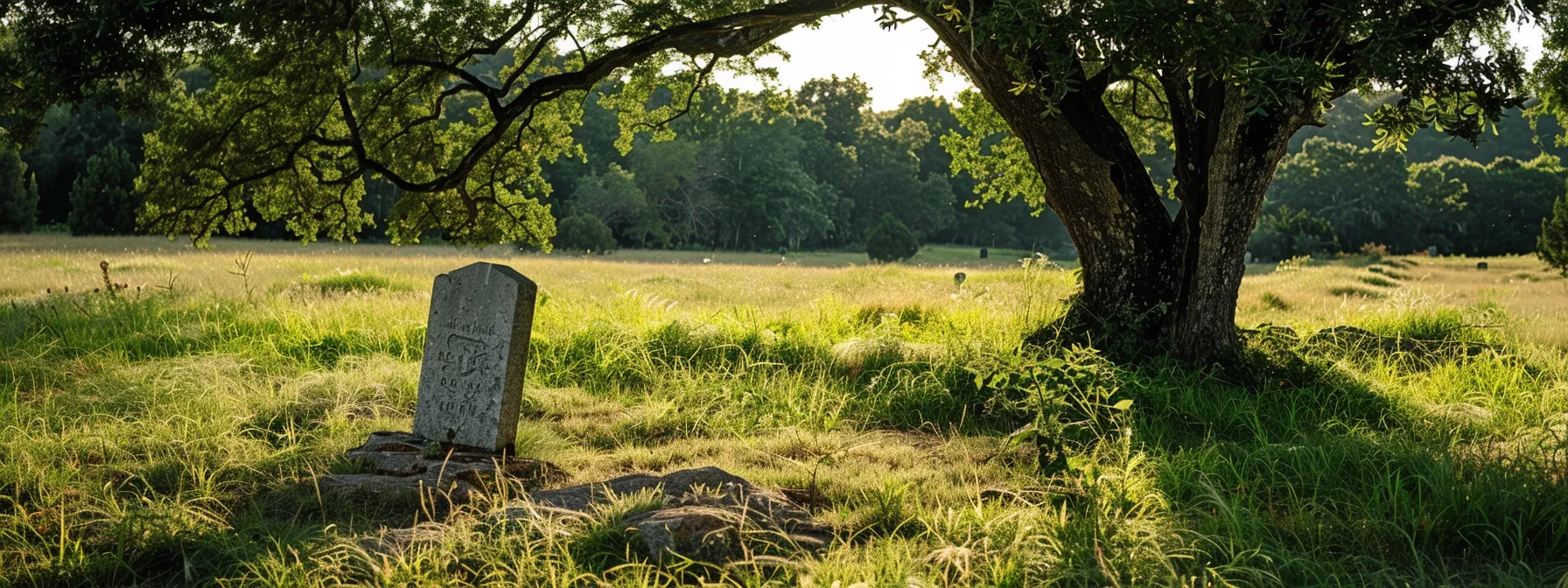
Property owners considering home burials may be eligible for tax exemptions and benefits. This section explores qualifying for cemetery tax exemptions, applying for property tax relief, and maintaining exemption status. Understanding these options can help property owners navigate potential tax implications and maximize available benefits when burying someone on their property.
Qualifying for Cemetery Tax Exemptions
Qualifying for cemetery tax exemptions on private property requires meeting specific criteria set by local tax authorities. Property owners must typically demonstrate that the burial site serves a public benefit and is not operated for profit. Eligibility often depends on factors such as the number of interments, accessibility to the public, and proper maintenance of the grounds. Owners should consult their local tax assessor’s office to determine the exact requirements for their jurisdiction and submit detailed documentation to support their exemption claim.
Applying for Property Tax Relief
Applying for property tax relief related to private burials involves submitting a formal application to the local tax assessor’s office. Property owners must provide documentation proving the burial site’s status, including permits, site plans, and any relevant legal designations. The tax relief application process typically requires detailed information about the property’s use, the portion dedicated to burials, and how it serves the community. Tax authorities will review the application and may conduct site inspections before determining eligibility for relief or exemptions.
Maintaining Exemption Status
Maintaining exemption status for private property burials requires ongoing compliance with local regulations and regular reporting to tax authorities. Property owners must ensure the burial site continues to meet all criteria for exemption, including proper maintenance, public accessibility, and adherence to zoning laws. Annual recertification may be necessary, involving submission of updated documentation and potential site inspections. Failure to maintain compliance can result in loss of exemption status and reassessment of property taxes:
| Requirement | Action |
|---|---|
| Compliance | Adhere to local regulations |
| Reporting | Submit annual updates to tax authorities |
| Maintenance | Keep burial site properly maintained |
| Accessibility | Ensure public access as required |
| Recertification | Complete annual recertification process |
Impact on Property Value and Future Sale

Burying someone on private property can significantly impact its value and future sale prospects. This section examines how home burials affect real estate marketability, the legal obligations to disclose burial sites to potential buyers, and the long-term maintenance responsibilities that property owners must consider. Understanding these factors is crucial for making informed decisions about private burials.
Effects on Real Estate Marketability
Private burials on property can significantly impact real estate marketability. The presence of a burial site often reduces the pool of potential buyers, as many individuals feel uncomfortable living near graves. This sentiment can lead to extended listing periods and potentially lower offers. Real estate professionals may find it challenging to market such properties effectively, requiring specialized strategies to highlight other property features and overcome potential buyer hesitations.
Disclosure Obligations to Buyers
Property owners with burial sites on their land have legal obligations to disclose this information to potential buyers. Most states require sellers to inform prospective purchasers about the presence of graves on the property, as it is considered a material fact that could influence buying decisions. Failure to disclose can lead to legal consequences, including potential lawsuits or contract rescissions. Sellers should provide detailed information about the burial site’s location, size, and any associated maintenance requirements or restrictions:
| Disclosure Element | Required Information |
|---|---|
| Burial Site Location | Precise location on property |
| Size of Burial Area | Dimensions and number of graves |
| Maintenance Requirements | Ongoing care responsibilities |
| Legal Restrictions | Any limitations on property use |
| Historical Significance | Any registered historical status |
Long-Term Maintenance Responsibilities
Long-term maintenance responsibilities for private burial sites can significantly impact property value and future sales. Property owners must consider ongoing costs for upkeep, including landscaping, grave maintenance, and potential repairs. These responsibilities extend beyond the current owner, potentially affecting future buyers who may inherit these obligations. Proper maintenance is crucial for preserving the property’s value and ensuring compliance with local regulations:
- Regular landscaping and grounds maintenance
- Grave marker upkeep and repairs
- Compliance with local cemetery regulations
- Addressing potential environmental concerns
- Managing public access, if required
Seeking Professional Guidance for Property Burials

Seeking professional guidance is crucial when considering property burials. Legal experts can navigate complex regulations, while tax professionals ensure compliance with tax laws. Estate planners help address long-term family needs. These professionals provide invaluable insights to property owners, helping them make informed decisions about home burials and their financial implications.
Consulting Legal Experts
Consulting legal experts is essential for property owners considering home burials. These professionals can provide crucial guidance on state and local regulations, zoning laws, and property rights. They assist in navigating the complex legal landscape, helping owners understand their obligations and potential liabilities. Legal experts can also draft necessary documents, such as easements or deed restrictions, to protect the burial site and ensure compliance with local laws.
Working With Tax Professionals
Working with tax professionals is crucial for property owners considering home burials. These experts can provide valuable insights into the tax implications of private burials, including potential exemptions, deductions, and reporting requirements. Tax professionals help owners navigate complex tax laws, ensuring compliance while maximizing potential benefits. They can assist in preparing necessary documentation, filing appropriate forms, and representing owners in interactions with tax authorities, ultimately safeguarding against costly mistakes and potential legal issues.
Planning for Family and Estate Needs
Planning for family and estate needs is a critical aspect of private property burials. Estate planners can help property owners address long-term considerations, such as ensuring the burial site remains protected through generations and creating legal structures to manage ongoing maintenance. These professionals assist in developing comprehensive plans that account for future property transfers, potential conflicts among heirs, and the financial implications of maintaining a private burial site. Their expertise ensures that family wishes are respected while minimizing potential legal and financial complications for future generations:
- Develop long-term burial site protection strategies
- Create legal structures for ongoing maintenance
- Plan for future property transfers
- Address potential conflicts among heirs
- Assess financial implications of private burial sites
Conclusion
Understanding the legal and financial implications of burying someone on private property is crucial for property owners considering this option. Property taxes, zoning laws, and long-term maintenance responsibilities can significantly impact the decision and future property value. Seeking professional guidance from legal experts, tax professionals, and estate planners is essential to navigate complex regulations and ensure compliance with local laws. Ultimately, thorough research and careful planning are necessary to make informed decisions about home burials, balancing personal wishes with legal obligations and potential financial consequences.






